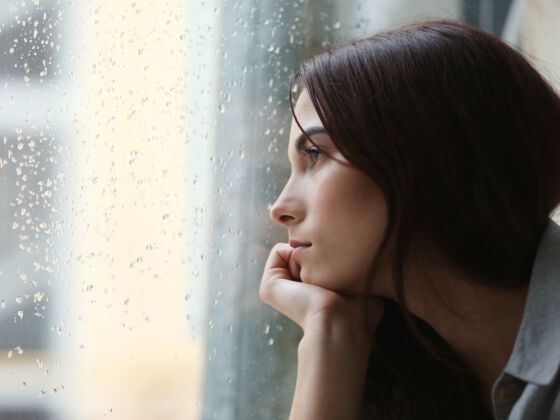SINCE I WAS IN MY EARLY TEENS, I’ve made most of my decisions based on two factors:
- A deep desire to travel
- An often debilitating depression
I’ve been lucky enough to visit 18 countries through various means: study, research, work, and travel. All of these experiences have been incredibly meaningful, but not all have been “blissful.”
